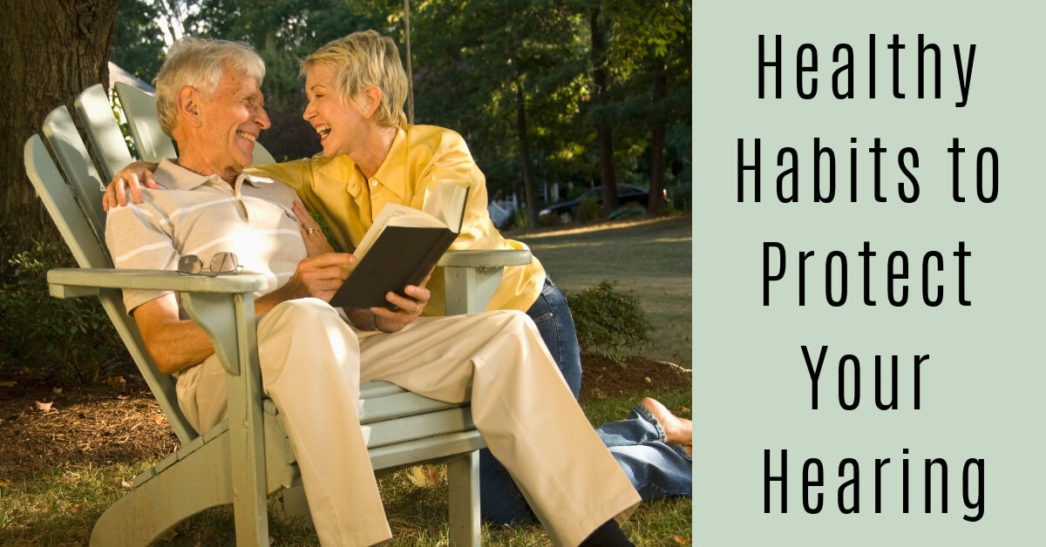[Those without a hearing loss might be difficult to imagine the impact it can have on their quality of life. But even a mild untreated hearing loss can adversely affect confidence, put a strain on strain relationships, close the door to career opportunities, and lead to a feeling of being isolated, which can lead to social withdrawal and depression. It can also lead to an increase in accidents. Imagine if you were unable to hear smoke alarms or oncoming traffic? The world would suddenly become a much more dangerous place.
One of the most common types of hearing loss we get is almost completely preventable. It’s called Noise-induced Hearing Loss (NIHL) and we should everything we can to prevent it for taking root.
The worrying thing is that this kind of hearing loss can develop in anyone, at any age, including children, teens, young adults, and older people. According to a 2011-2012 study from the Centers for Disease Control, a series of hearing tests and interviews revealed that 6% of people in the U.S. under age 70—and 24 % of all adults – have hearing test results which suggest a history of exposure to loud noise. Based off of a previous study in 2005-2006, researchers have also estimated that as many as 17 percent of teenagers could be carrying noise-induced hearing loss.
It is imperative therefore that we take action to develop healthy hearing habits. Here are some things you can do today.
Practice safe personal audio use
When turned all the way up, standard headphones can produce sound as loud as 110 decibels, which is the same as standing next to a power saw. This is dangerous because most of the time we have no idea how damaging the level of sound really is. Here’s how to listen to music more safely.
- Decide on your volume levels when you’re in a quiet place, or you might be tempted to raise the volume to compensate for the sounds around you.
- Most smartphones now come with a featured that limits the maximum volume on your phone. It’s helpful to set this bar lower (around 60%) so that you don’t accidently increase your volume to a dangerous level in noisy places.
- Pay attention to how long you listen to music at high volume. It can do damage very quickly without you even realizing it. Hearing specialists recommend taking breaks frequently.
- If you can’t hear other speaking around you, your volume is too high and should be lowered.
- If you start to hear ringing in your ears, you should immediately stop the music for the rest of the day so that your ears can recover. This is your ears telling you that you are at risk of permanent damage. It might even be worth getting your ears checked.
Protect your ears when you are out
Often without realizing it, we expose ourselves to noisy situations without hearing protection. Here are some of the most common high-noise activities you might not release could be damaging to your hearing:
- Mowing the lawn
- Making home improvements
- Walking near heavy traffic
- Being near a construction site
- Attending sporting events or rock concerts
- Setting off or watching fireworks
- Shooting a gun
- Riding a motorcycle
All of these activities produce sound levels at about 85 decibels or above, and this is the level by which damage can be done to your hearing. If you are unsure if an activity is too loud, there are several apps on your smartphone which can easily measure decibels and tell you if your surroundings are too noisy.
If noise is indeed excessive, it pays to carry a set of earplugs as hearing protection on a keychain. That way, you will always be prepared in case the sounds around you become a little too much. Additionally, you always have the option of walking away. No one should make you feel bad if you refuse to stay in a place where the sound volume has been raised to dangerous levels.
Get your hearing regularly tested
For those yet to report a hearing problem, experts recommend checking your hearing once every two years. The frequency is increased to annually if you:
- are over the age of 50.
- work in a high-risk industry like construction, entertainment or farming.
- have a condition which puts you at a higher risk of hearing loss, such as high blood pressure.
Hearing loss is a gradual process, so it pays to keep a close eye on its development. This will make it much quicker for hearing professionals to diagnose and treat you if and when you do develop a hearing problem. To schedule a hearing test or to learn more about safe hearing practices, contact our team at Comprehensive Ear and Hearing today!


